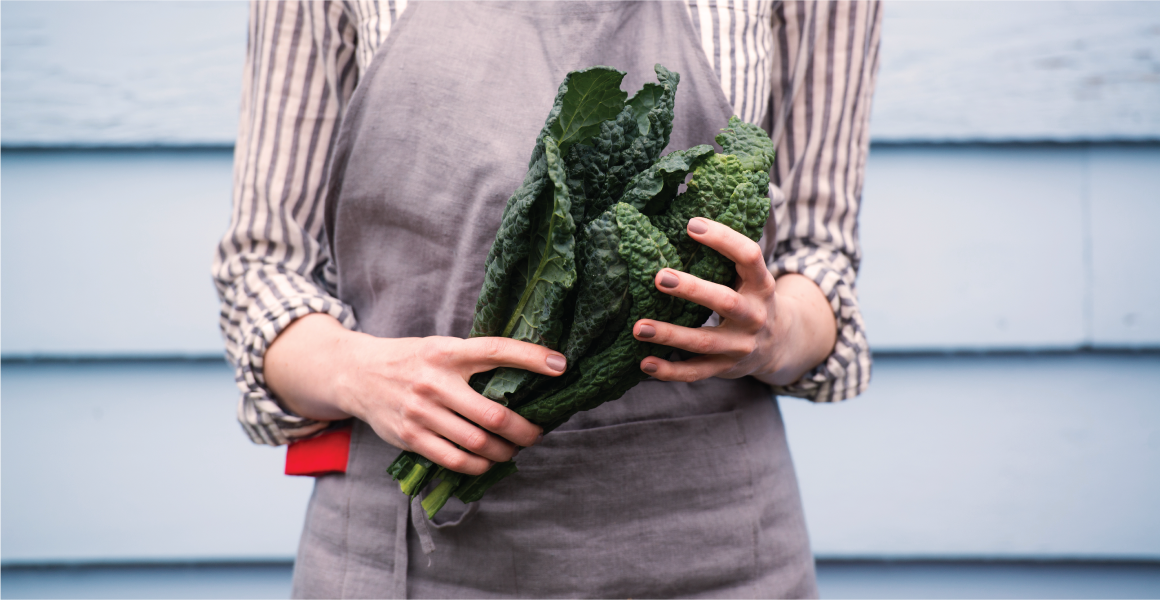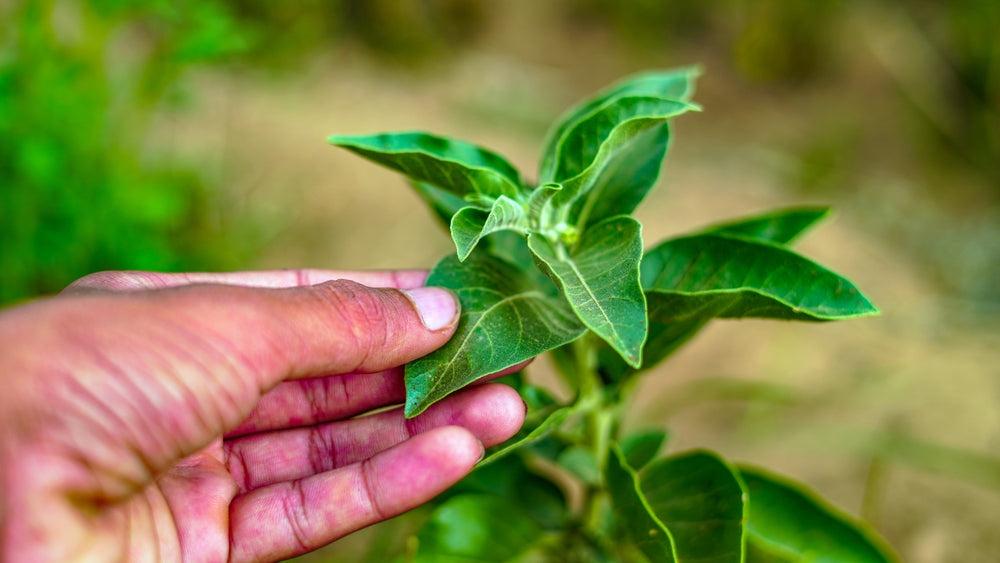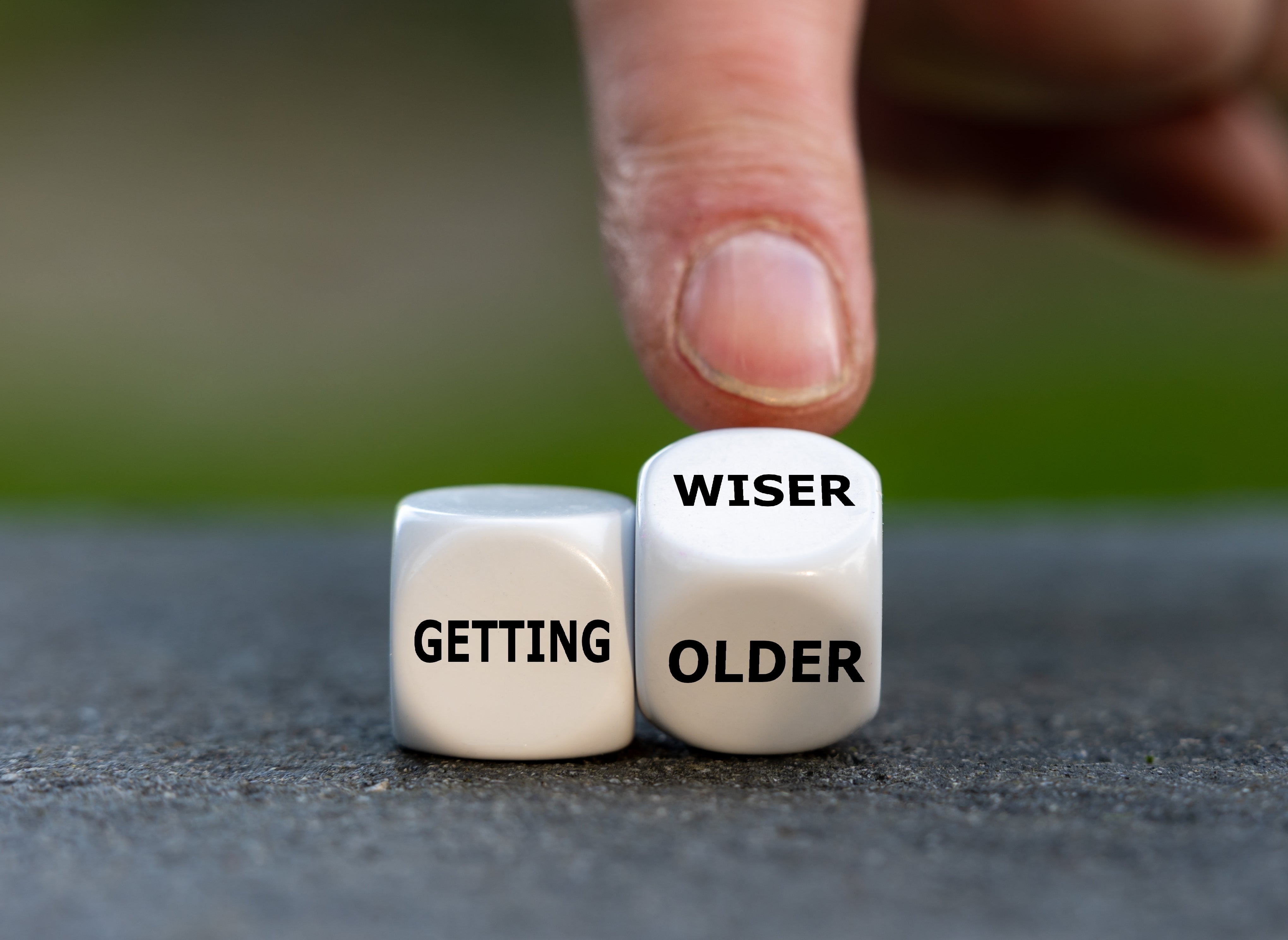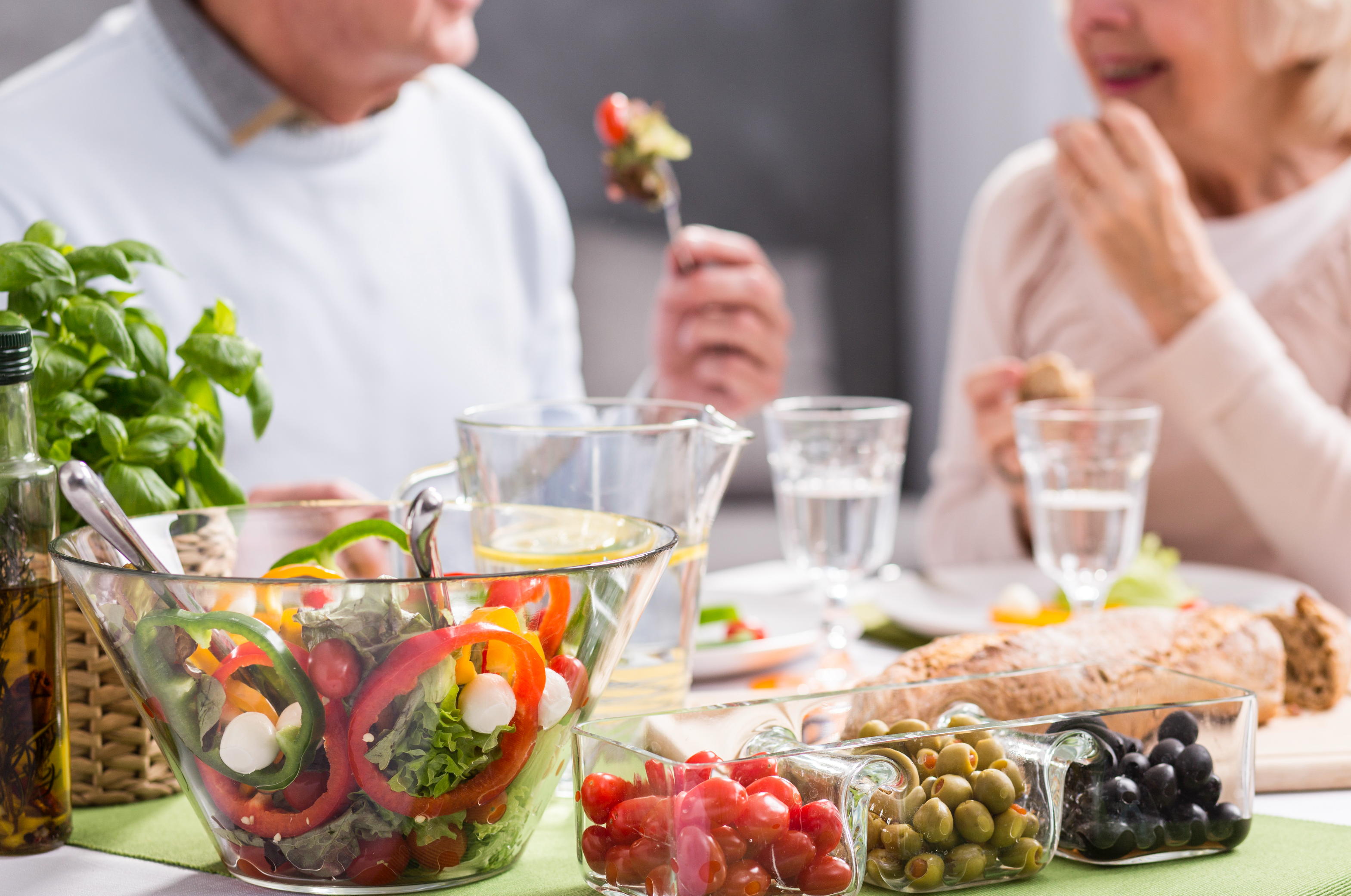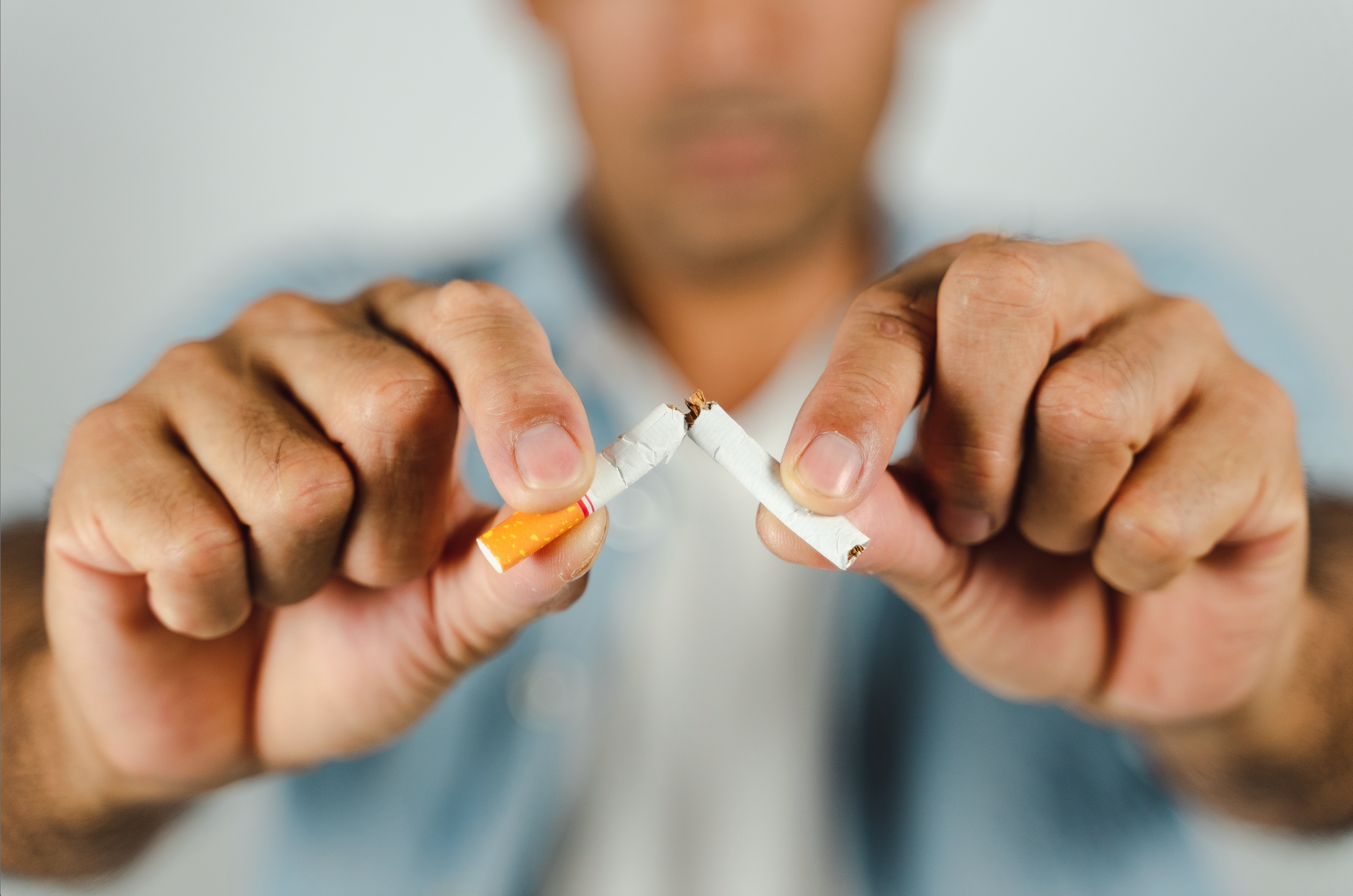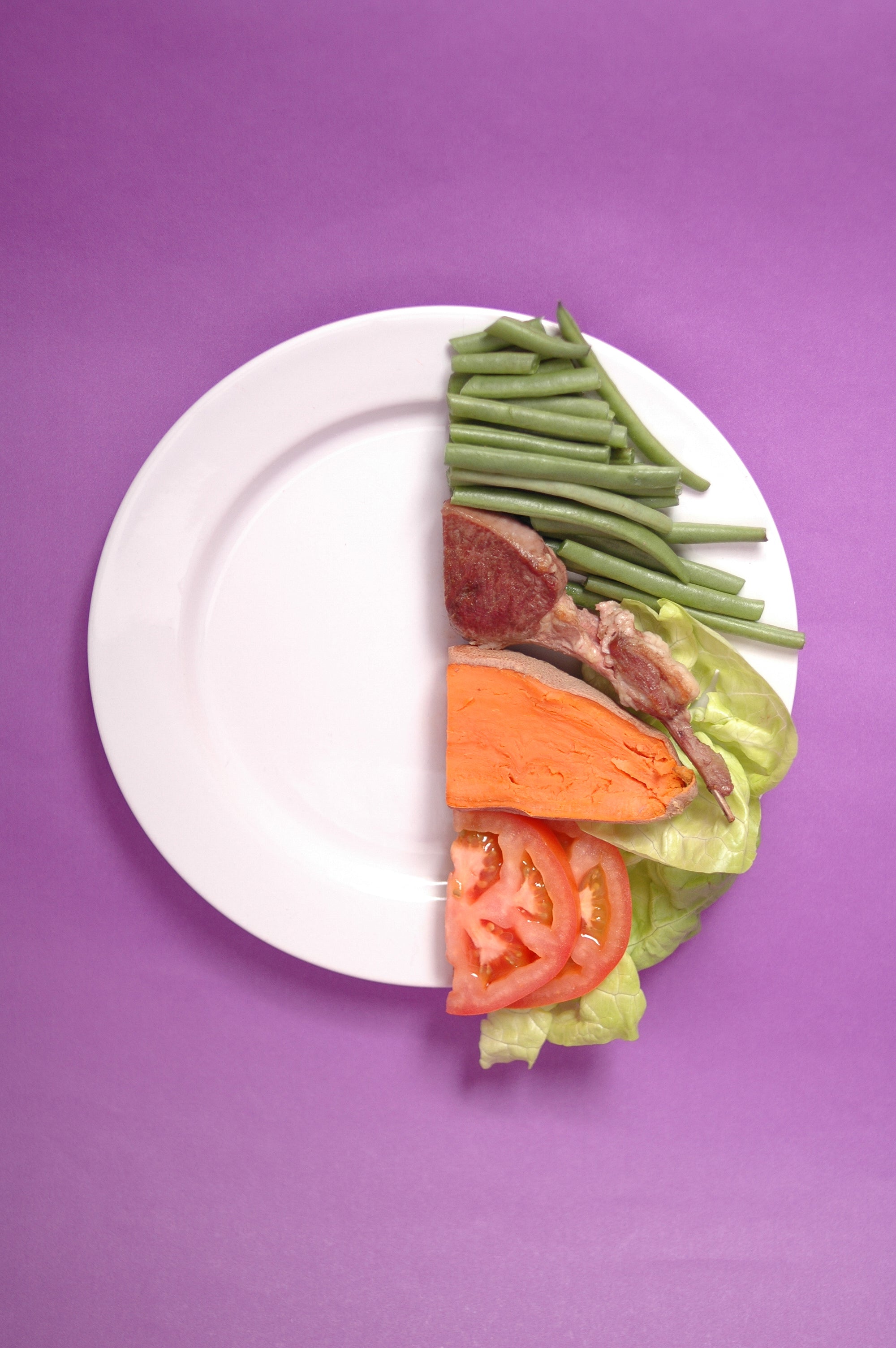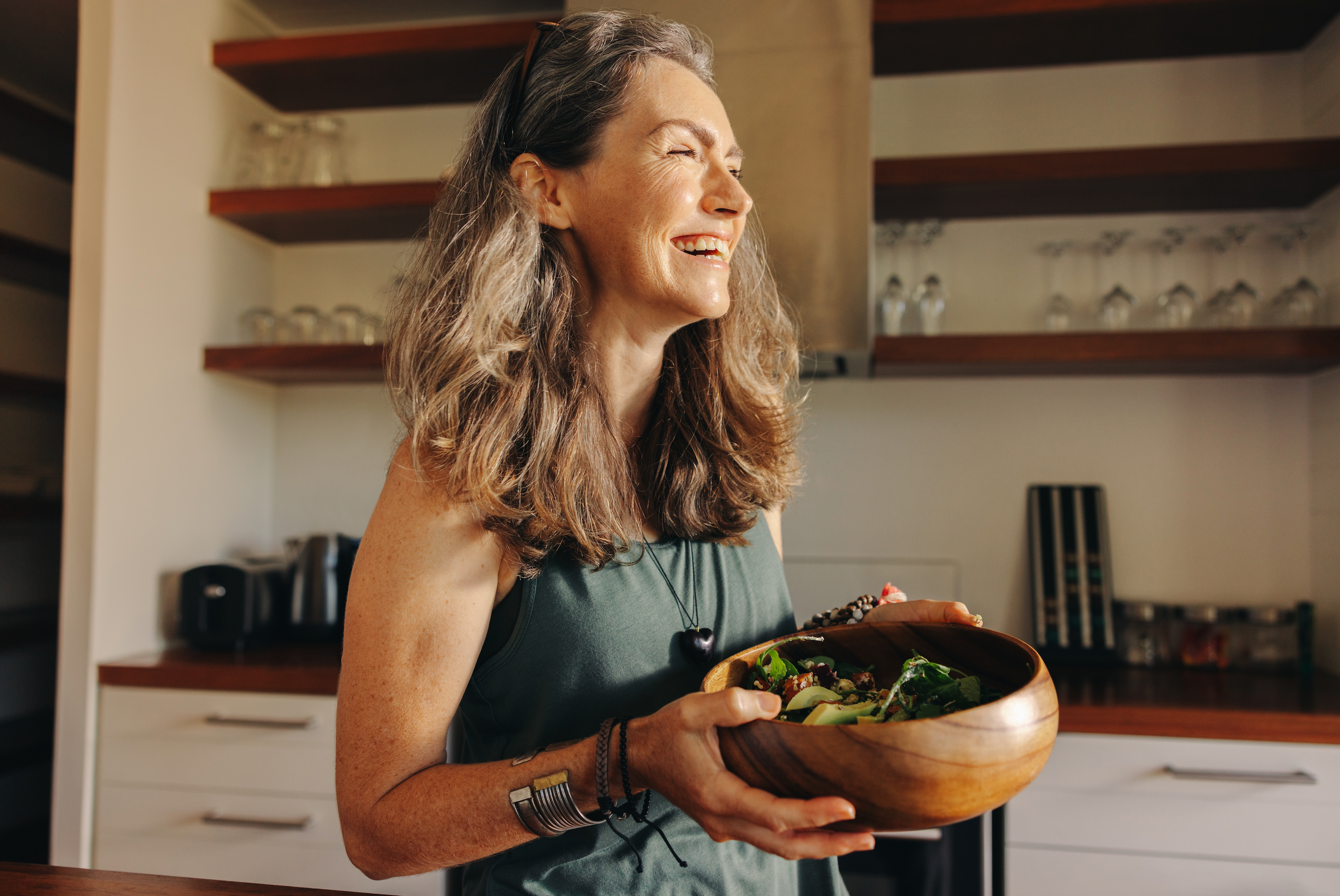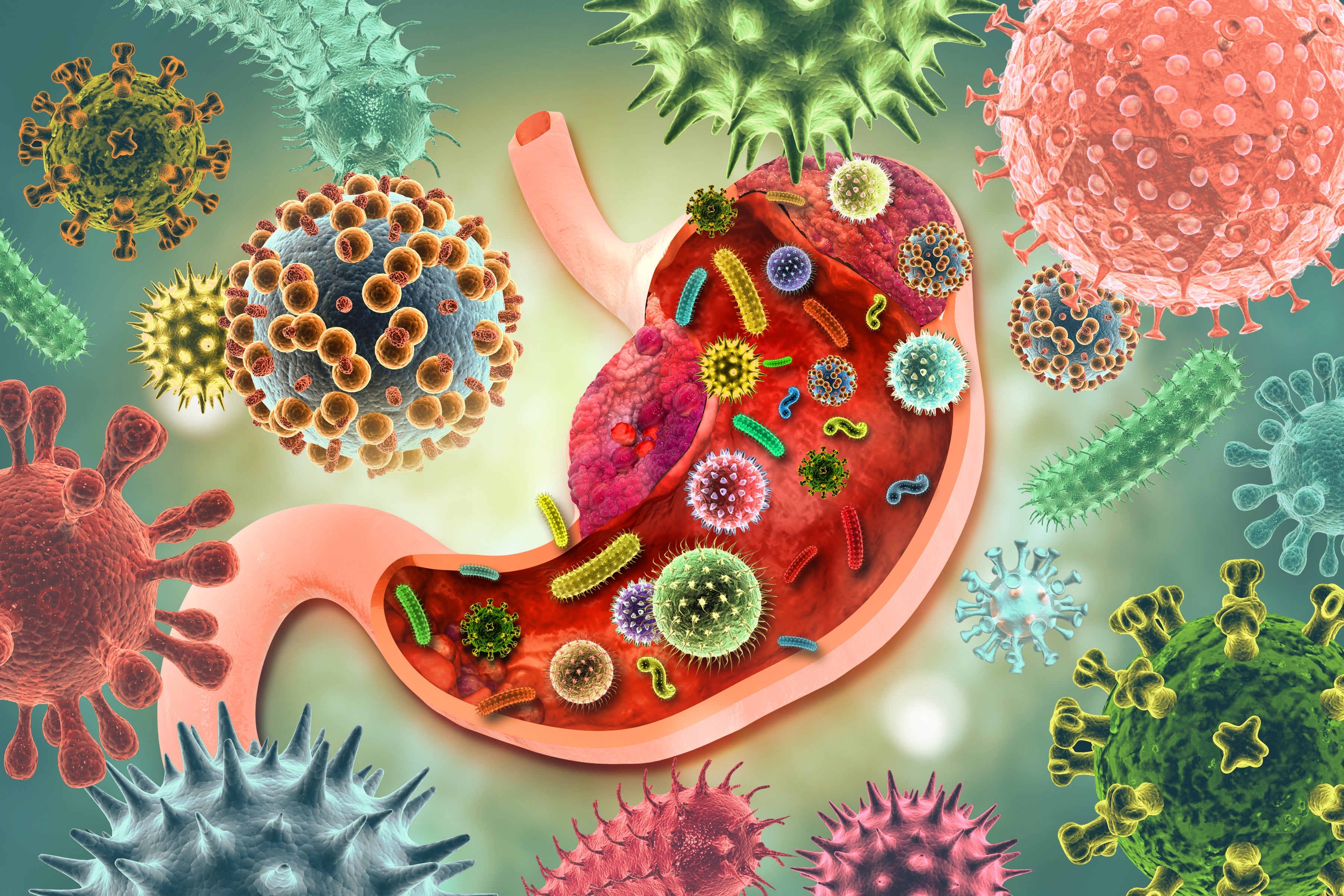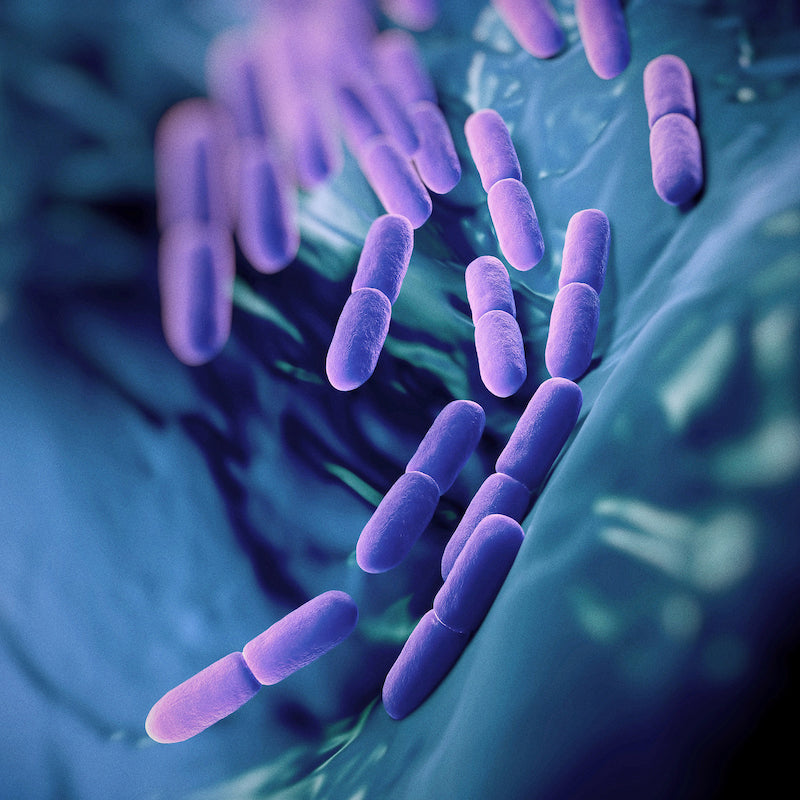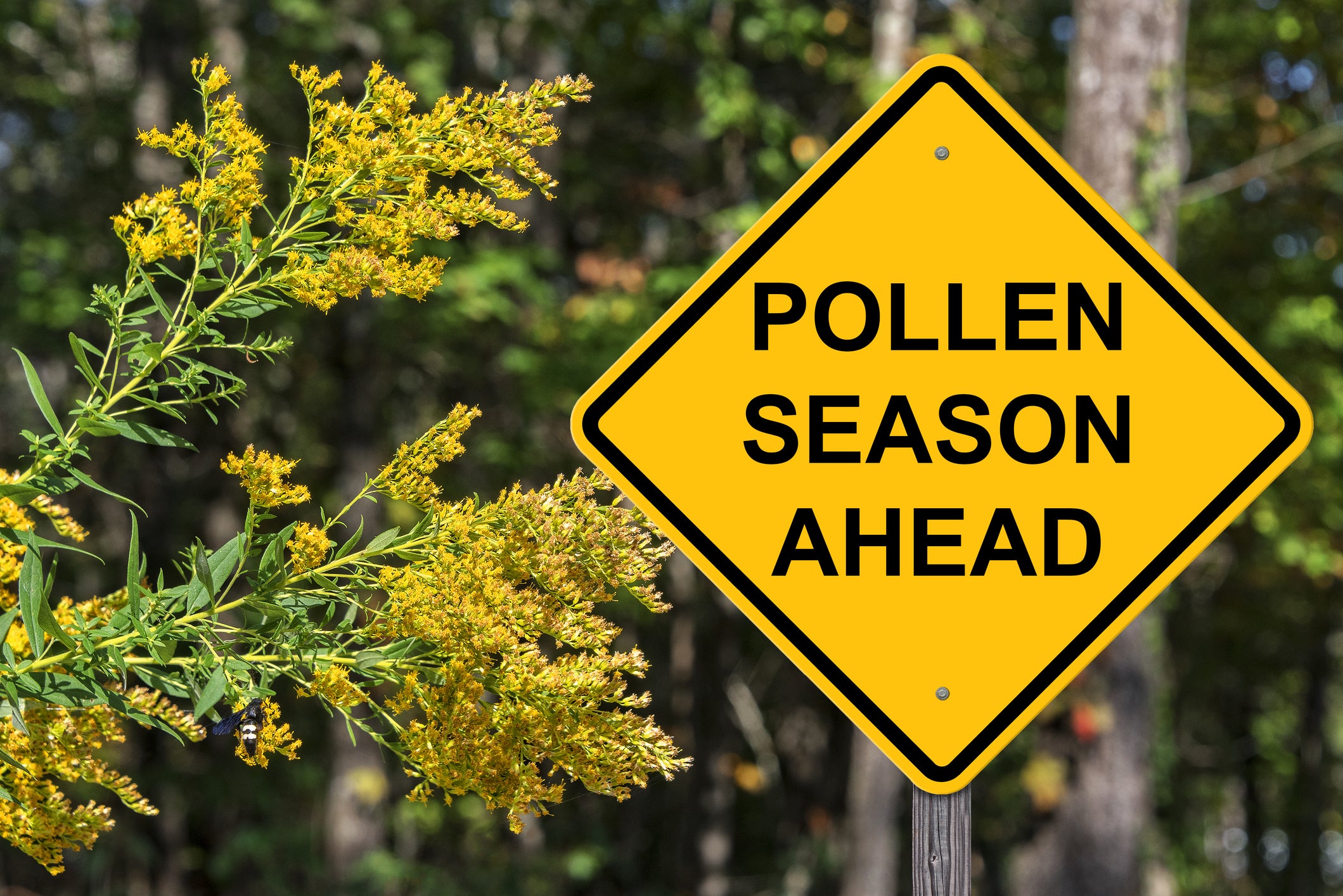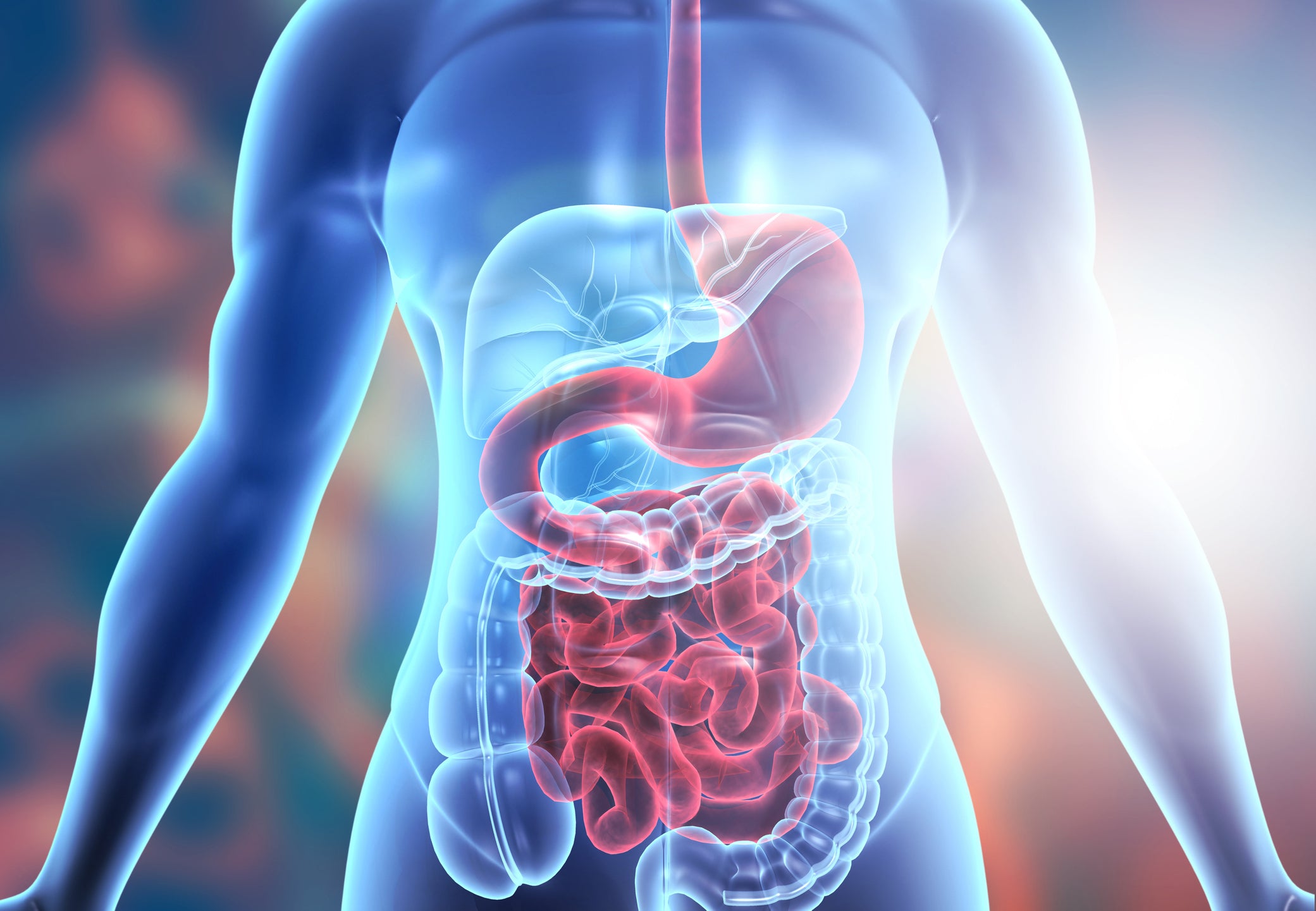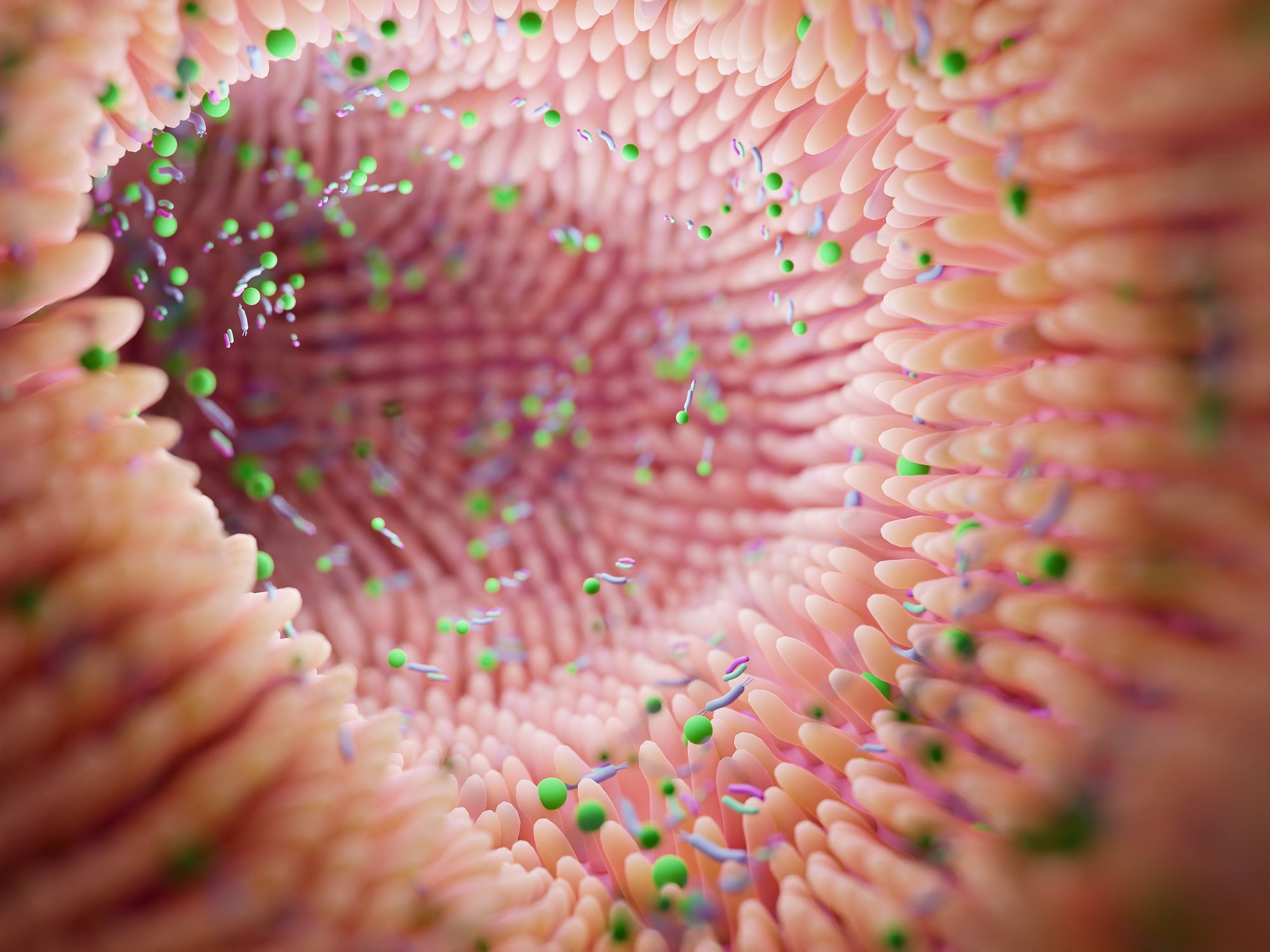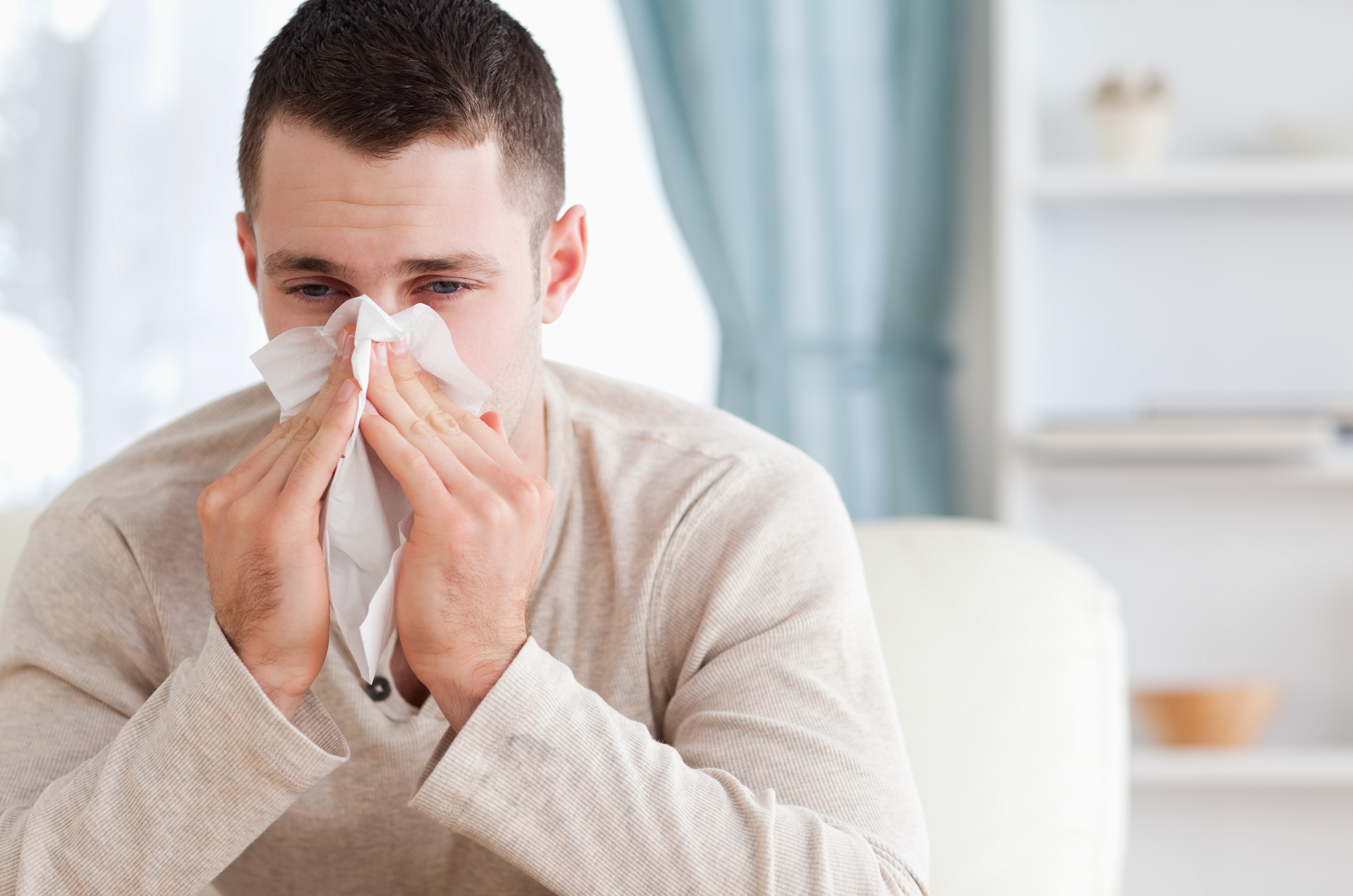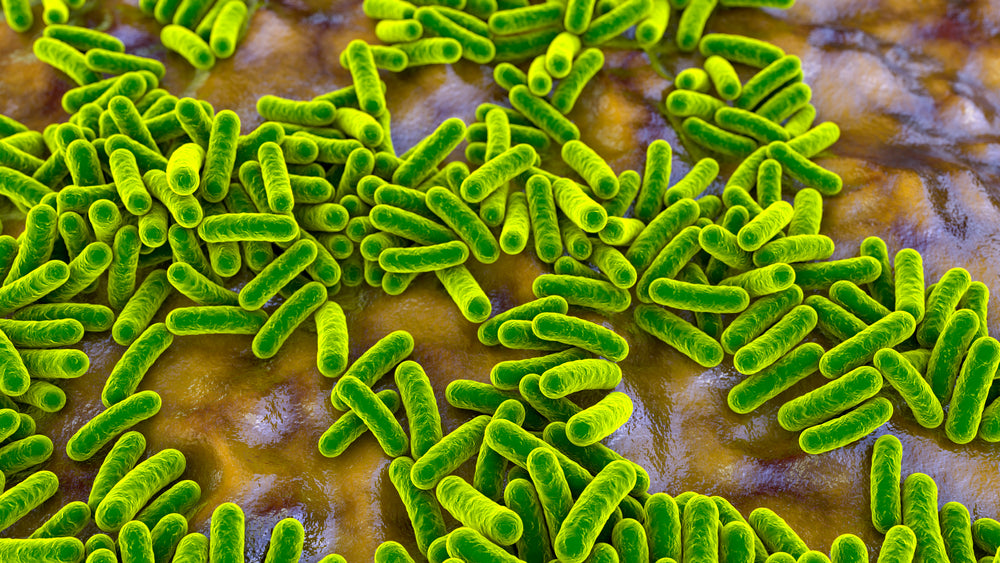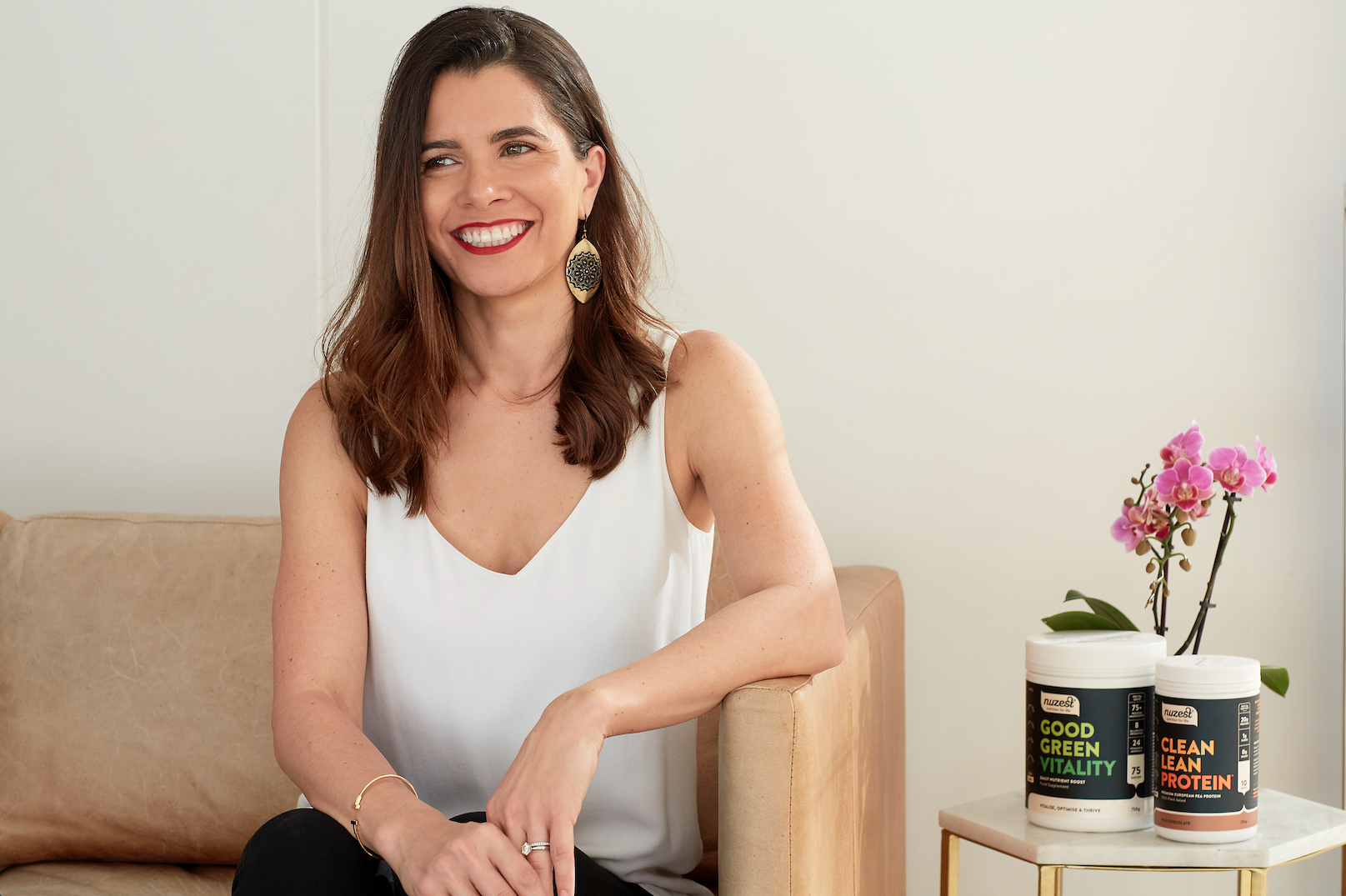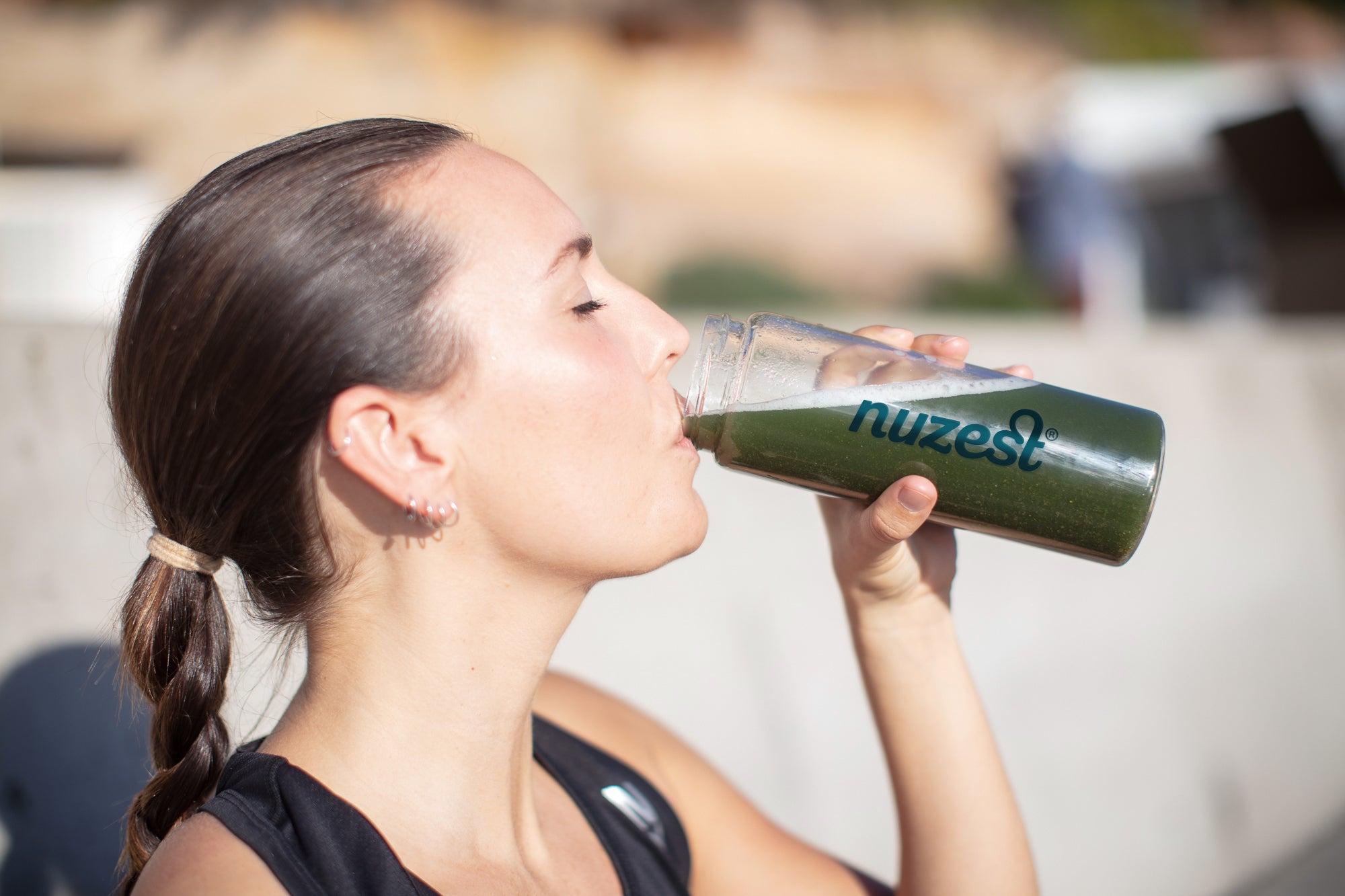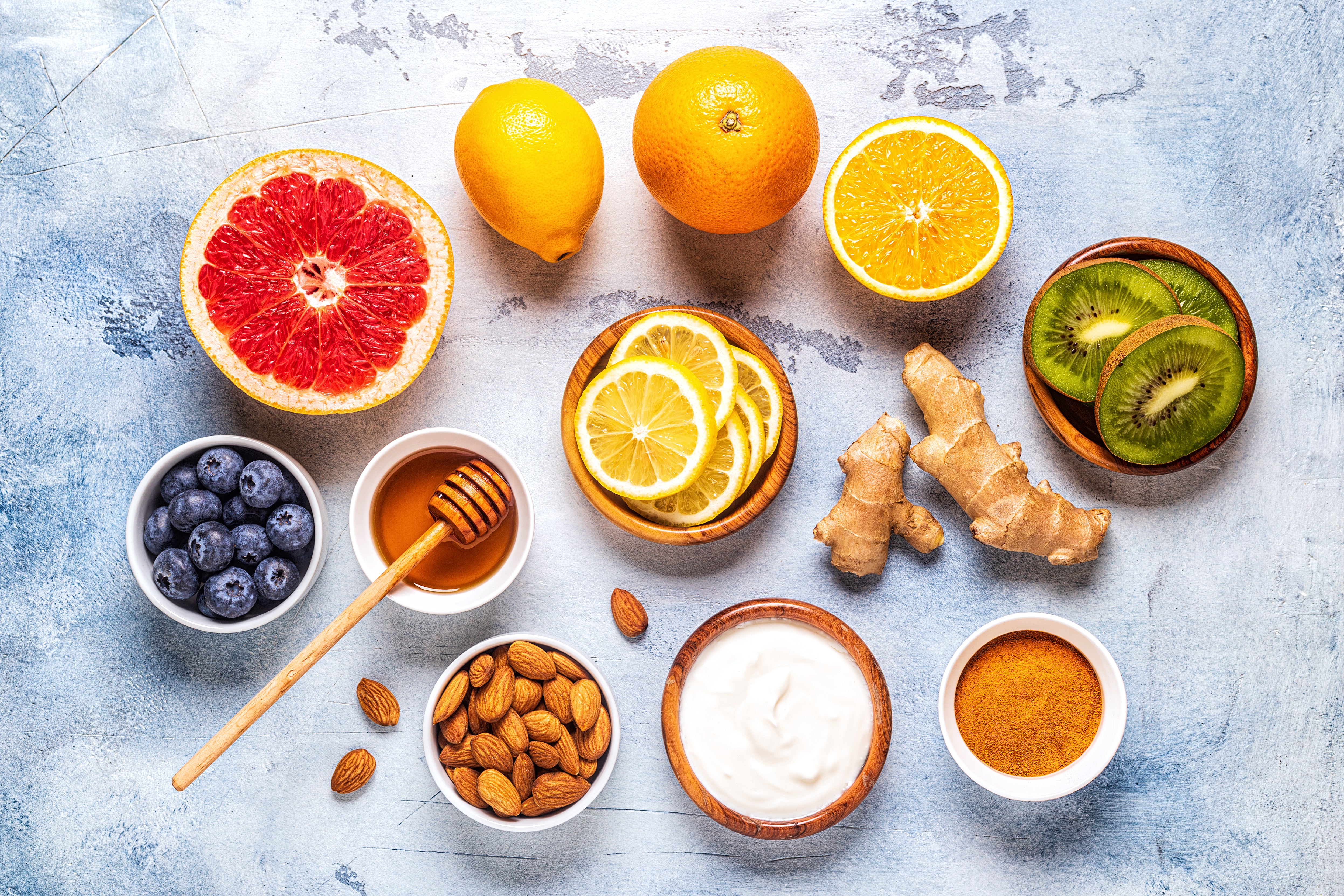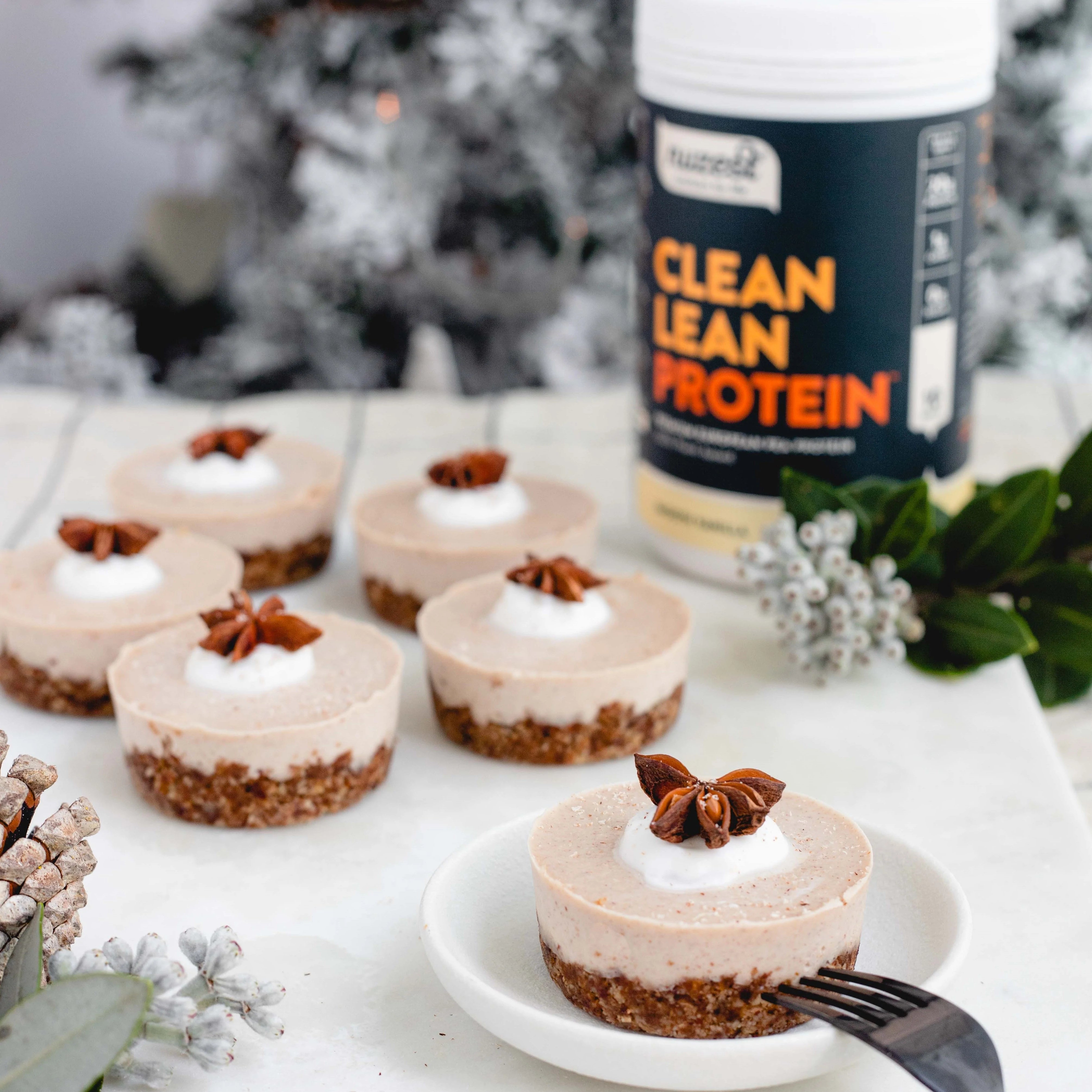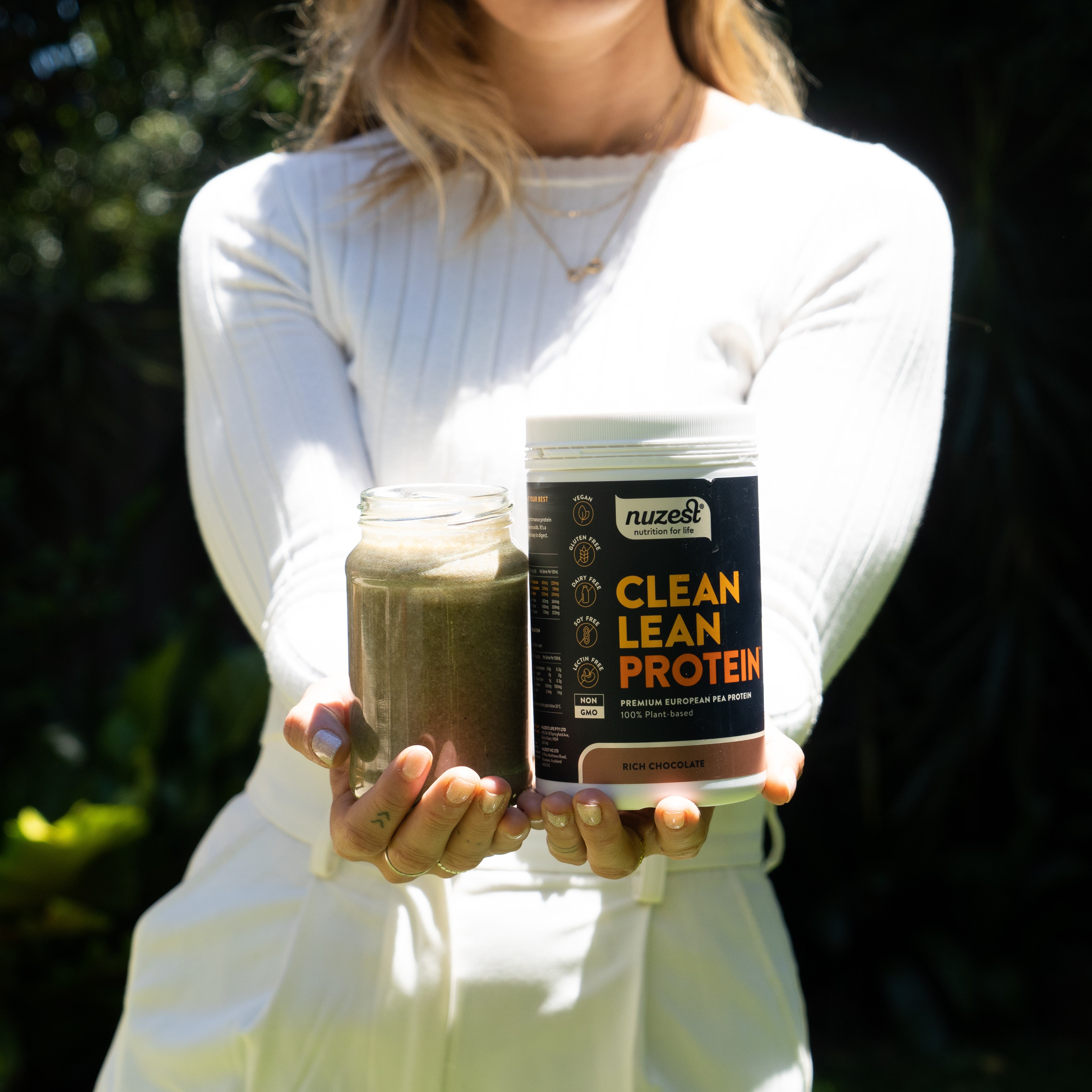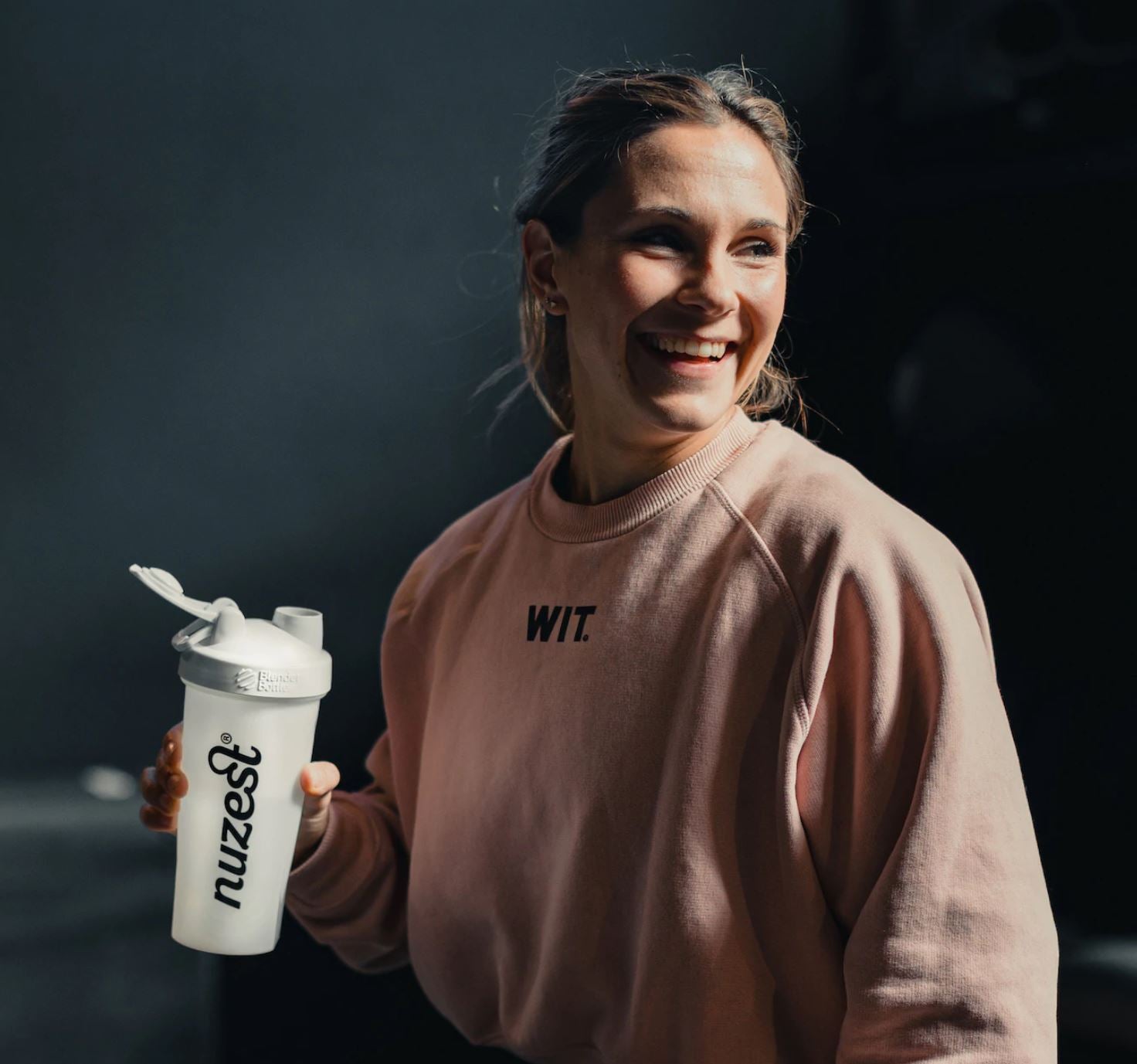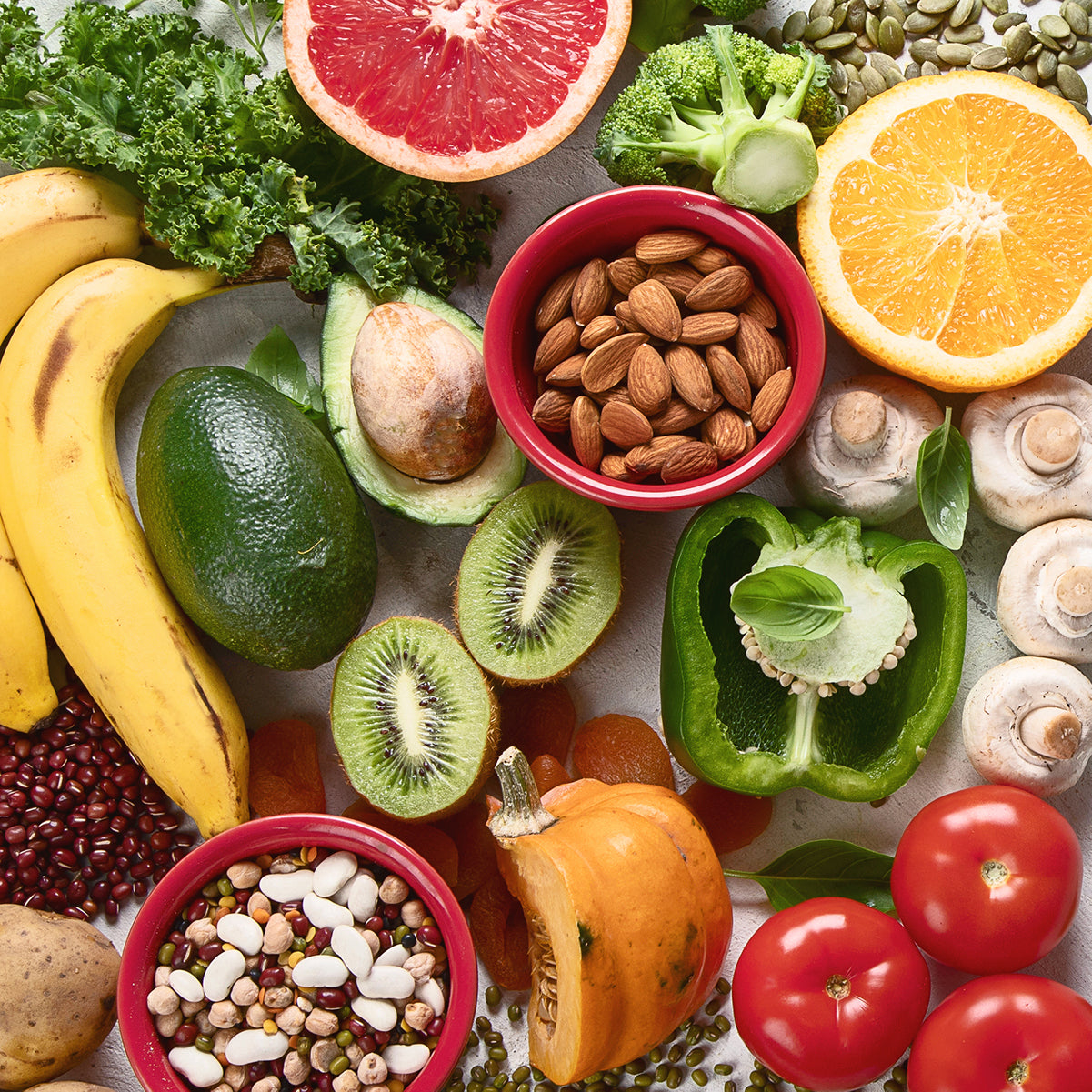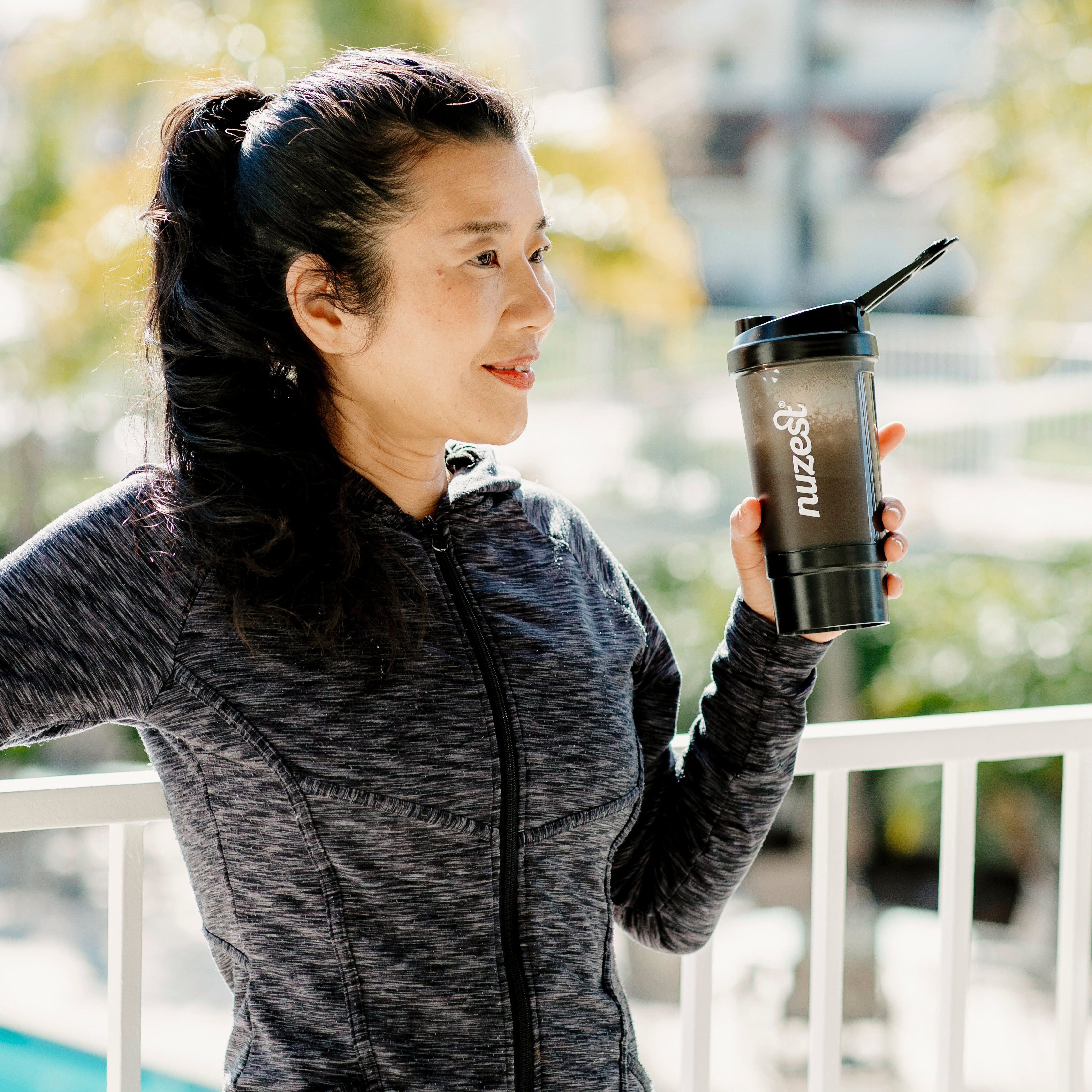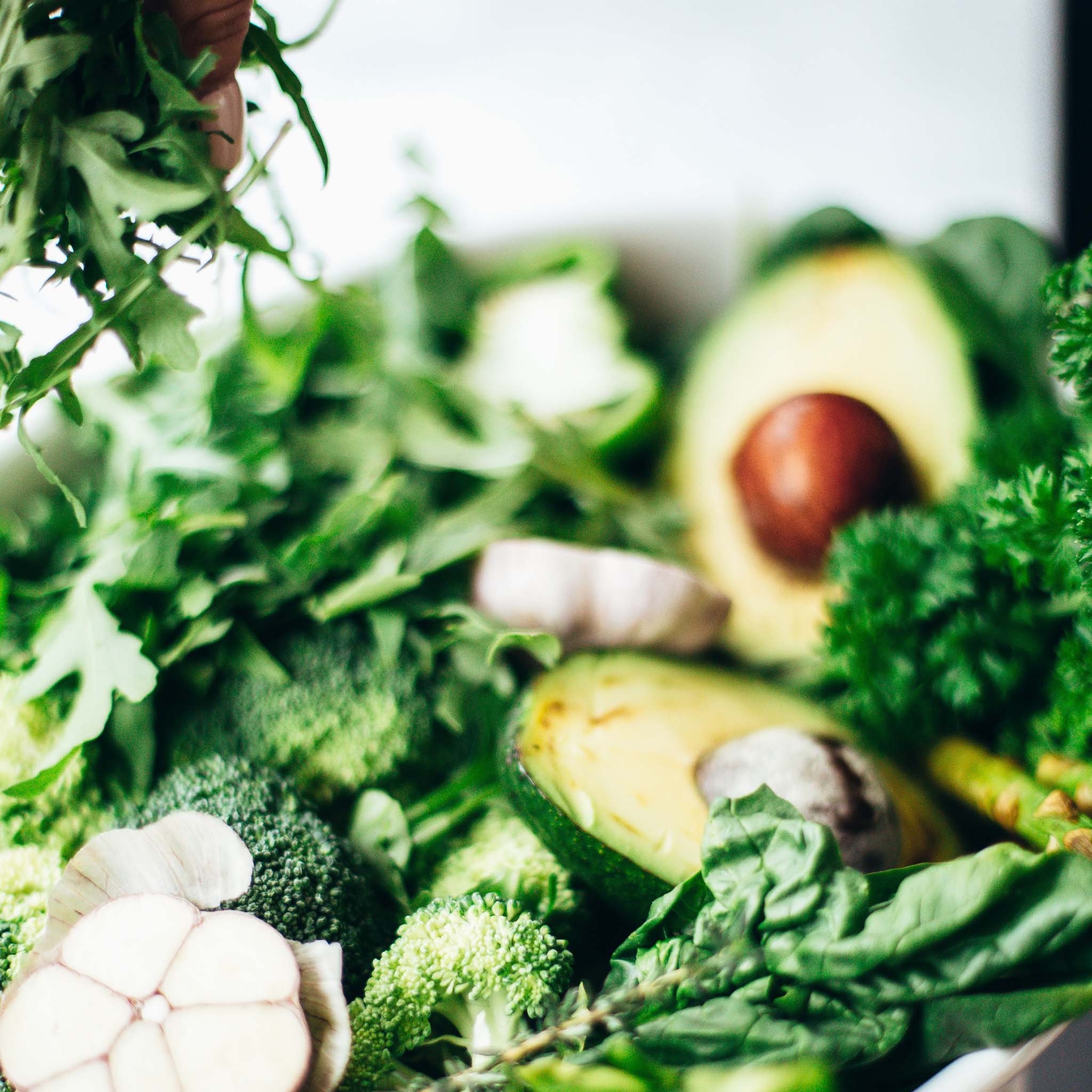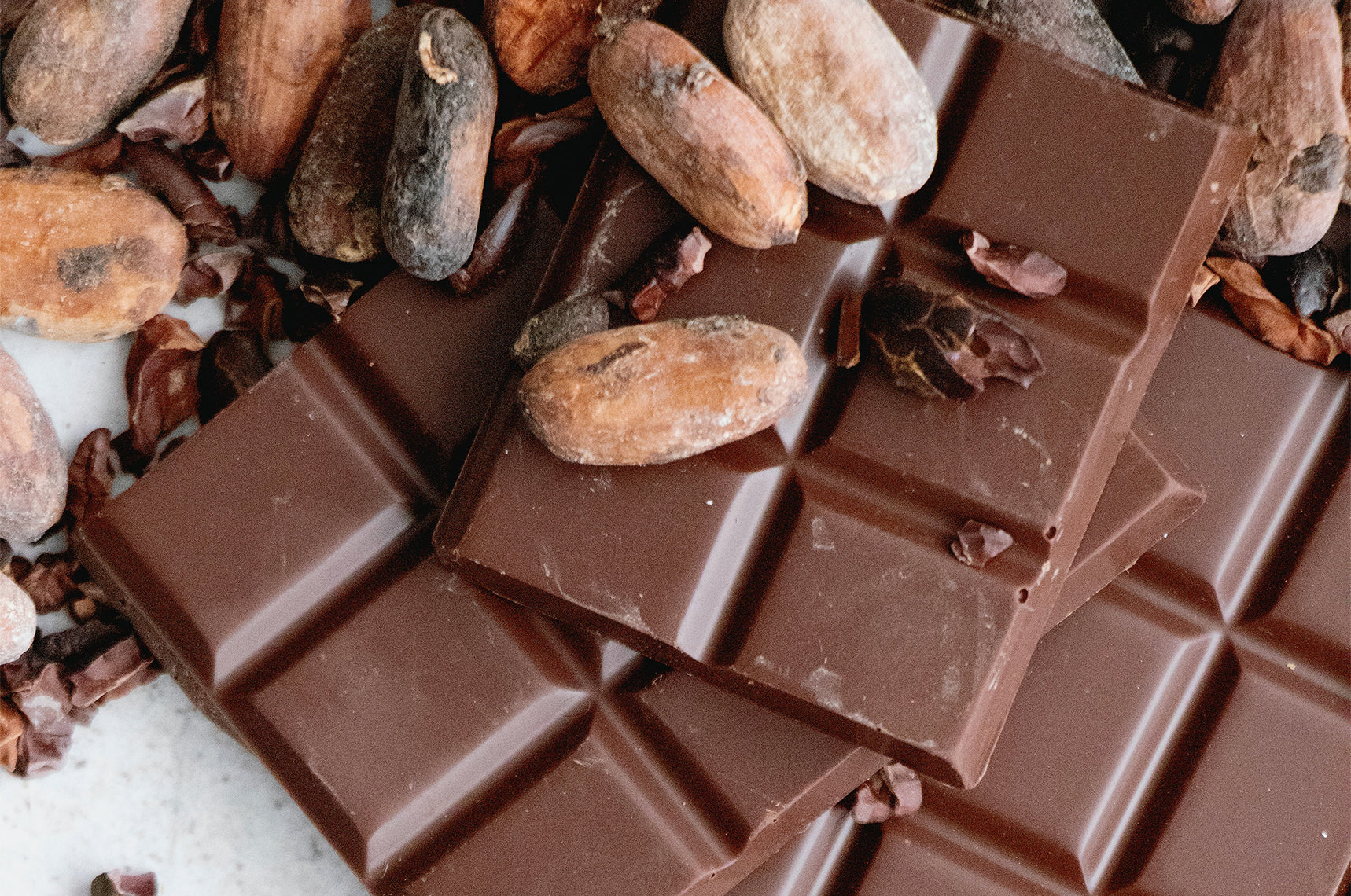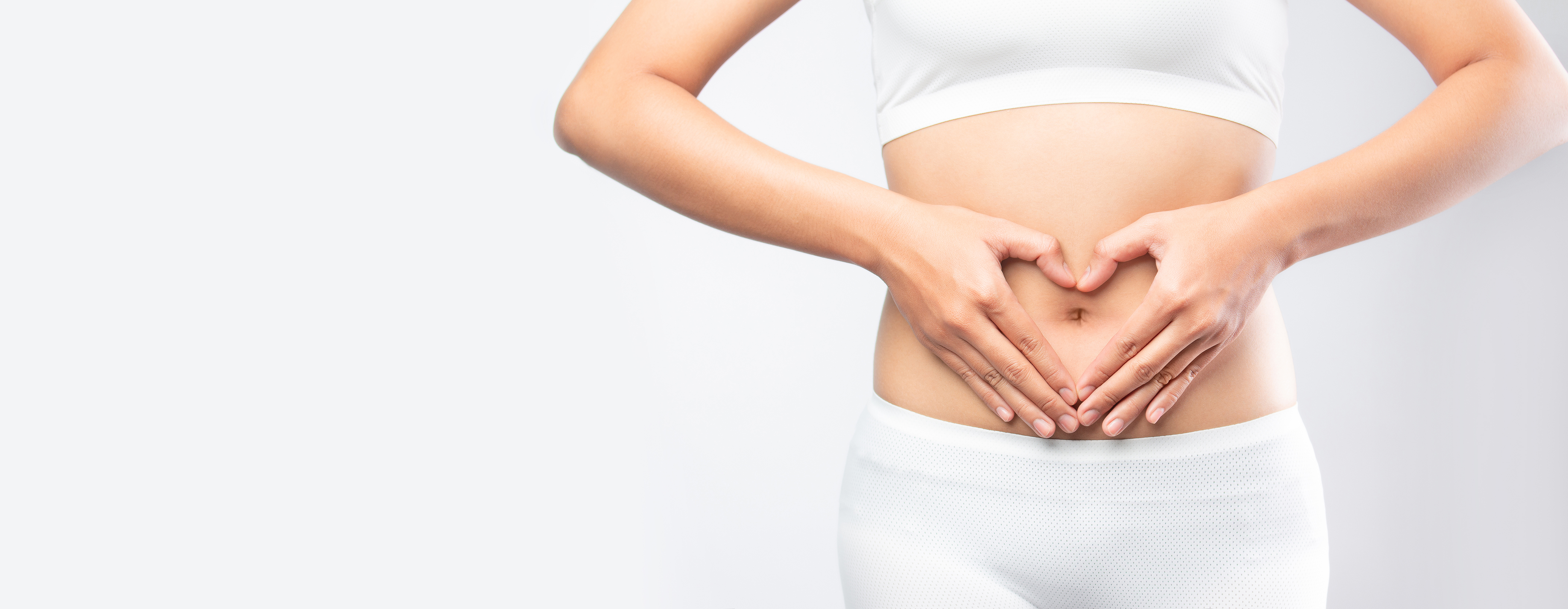I thought I would discuss some common assumptions that actually miss the mark when it comes to good health. With so much conflicting information out there, it is difficult to know fact from fiction, theory from reality. Some of these have been disproved for years, yet somehow we're all still doing them! As a society, I feel we often gravitate toward ideas that are very reductionist we cut things out entirely based on the latest health trend. Let's educate ourselves so that we aren't limiting ourselves for no good reason. I want to dispel these widespread myths, simplify it, and offer (tasty) solutions. Let's end the madness!
Only Consume The Egg White
Most fad-diets advocate just consuming the egg white as a way to cut fat/calories/cholesterol while obtaining the protein. However, research shows that it is actually important to consume the whole egg. Why? Animal fats such as that provided by the egg yolk supply vitamin A and D which are necessary for the assimilation of protein. There is a reason why animal protein meat, dairy and eggs come with fat! This is how they should be eaten. By merely eating the whites you are missing out on these vital fat-soluble nutrients, as well as hindering your absorption of the protein. Regarding cholesterol and egg yolks, eggs contain nutrients that may help lower the risk of heart disease, and...
Cholesterol Causes Heart Disease
Studies have clearly demonstrated eating food containing cholesterol (like eggs) does not increase your risk for heart disease. 20% of cholesterol comes from the diet while the liver makes the remaining 80%. Although research has shown that consuming dietary cholesterol may increase "bad" cholesterol, it also increases the "good" cholesterol, maintaining total cholesterol and thus not giving rise to the risk of heart disease. Don't be afraid of including healthy fats in the diet and source naturally occurring plant sterols (beneficial to heart disease prevention) from nuts, seeds, legumes and grains. Lay off margarine, as it contains trans fats which do increase heart disease risk, any plant sterols added have been found to have little impact.
King Kale
Don't get me wrong, I adore kale... I love it baked, sautéed, juiced and marinated. It's great! BUT, let's just take a step back and not get too carried away with any one food, because there is something to be said for the overconsumption of kale. Consuming raw kale in large amounts has been show to impact thyroid function for people with an existing thyroid condition and who have an iodine deficiency (iodine is crucial to healthy thyroid function). This doesn't mean stop eating kale! It just means be aware of the risks, check yourself if you have any concerns, be sure to include a variety of greens for a variety of different nutrients, and consume cooked kale if thyroid is an issue (cooking dramatically lessens the goitrogenic properties of kale that effect the thyroid gland).
Eating Fat Makes Us Fat
Despite what we were once told, eating fat will not make you fat! Instead, good fats keep our cells nourished, contributing to the healthy function of our heart, brain, hormones, immune system, skin, hair and nails. Include healthy fats in your diet polyunsaturated (olive oil), monounsaturated (avocado), and even saturated (coconut oil). What you want to avoid is trans fats (vegetable oils, processed foods). What's more, low fat products can have a negative effect on health and weight-loss, as when the fat is removed from a food, something has to replace the lost flavour. This usually means an increase in sodium and sugar, as well as the additions of thickeners and chemical agents... I choose fat!
A Calorie Is A Calorie Is A Calorie...
I remember when I started my first diet as a young teen, and found out that apples and mars bars contained a similar amount of calories. I was shocked! While I didn't go and chow down mars bars all day, it did make me avoid apples like candy bars. It has taken me a very long time to understand that all calories are NOT equal! Whilst technically, calories are units of energy, those from nutrient-rich foods compared to those from nutrient-poor foods have very different effects on the human body. If you eat the foods nature intended you to eat, the whole foods that the human body has thrived on throughout history (and not just the last 50 years), you will obtain greater nutrition, fibre, and will naturally eat less because you are well-nourished. These foods help stabilize blood sugar, control appetite and cravings, and communicate to your body when you are satisfied. I repeat: all calories are not equal.
Artificial Sweeteners Assist Weight Loss
How did this ever catch on? Just the word artificial gives it all away... they are fake, concocted in a lab, foreign to our bodies and yes, toxic! Technically, they are "safe" which is why they are allowed in our foods, but 1) we don't know the long-term effects of such use and abuse because they haven't been around for long enough and 2) they are still only recommended in small amounts, as larger quantities have been found harmful. They have still been shown to spike insulin levels the way sugar does, but because you aren't actually having sugar, they leave you unsatisfied and intensify cravings. Opt for stevia, erythritol, xylitol (all 3 are low GI and natural) or raw honey and maple syrup.
Don't Eat Between Meals
Eating every few hours ensures blood sugar levels remain stable and prevent those feelings of intense hunger that so often lead to overeating at the next meal. Keeping health snacks on hand means you won't go for quick and convenient unhealthy options at your local coffee shop or, worse, leave you grabbing crackers, cheese and dip in a low blood-sugar panic because you ate your lunch at 11am at work because you tried not to eat between meals and now it's 6pm and you're home and starving, but dinner will take too long to make. Sound familiar? Steer clear of this picture! Raw unsalted nuts, carrots with tahini, a small can of chickpeas or bliss balls all make great satiating snacks.
Conventional Energy Bars/Muesli Bars Are A Healthy Snack
As with all packaged foods, carefully read the ingredients! Most commercial granola bars and protein bars read more like candy bars, sneaking in trans fats, sugar and sodium. There are now a variety of health food bars available at most health stores, however, it is still always best to make your own bars or protein bliss balls for energizing snacks.
For more great blogs head to http://www.samibloom.com/
